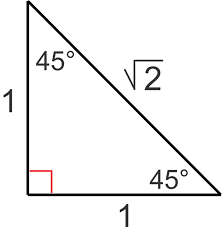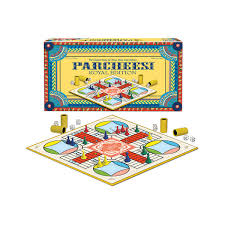It would be hard to overstate the combined intellectual capacity of my running buddies this morning. Sam has a Ph.D.; Robin was top of the class in law school; Jordan is a gifted physician. Accomplished, professional, bright, (sweaty) folks that they are, not one of them could pass a seventh-grade math test. Specifically, the Pythagorean Theorem, a fundamental brick of knowledge that comes up in every subsequent course from trigonometry to calculus, was a complete and utter befuddlement to these otherwise adept, qualified grownups.
That not everyone has to go to college is old news. That plumbers earn more than teachers is not a headline either. Nor am I pontificating about how curricular choices could be updated. Me? I LOVE the 1, 1, root 2 triangle, have shared its magic with generations of students. Truth be known, to this day I stay up nights indulging in number theory websites. The question is not how did these absurdly successful proficient folks clamber to the top of their specialties having forgotten seventh grade math? What interests me is how much it costs individual families and how much we pay as a society for information that evaporates with the morning dew.
Because my profound tenderness for all things numerical notwithstanding, it is blazingly apparent that success in adult-world is not predicated on familiarity, never mind affection, for the isosceles right triangle.
Yet parents invest time, treasure, and the emotional equanimity of the household in this triangle. Students are grounded, vacations are denied, tutors are hired and dismissed, arguments abound. Can honor mend a leg? inquires Falstaff. No. But neither can the 45-45-90 triangle.
Does success in middle school algebra predict subsequent attainment in what I have heard referred to as “real life”? We all know that kid who didn’t learn the Pythagorean Theorem who ended up drinking wine in the gutter. And we all know the student who sat in the front row in math class and is now the CEO of a successful startup. But what about the kid with the D in math who now owns a fleet of trucks? And what about the student who did well in math and has been unsuccessfully looking for a job for the past five years?
Could it be the case that loving parents are misguided in placing their emphasis on Pythagoras? Is there some other characteristic or collection of qualities that predicts success?
I have opined in these columns that playing Parcheesi with your kids, going camping with your kids, and encouraging your kids not to do drugs is the way to raise healthy kids in our unhealthy world. The corollary, to relax and let go of pretty much everything else, may not be the whole story. Maybe what I’m actually saying is to meet kids where they are, that the only general rule within that framework is not to push your kids to be people who they aren’t.
Hard and fast rules are hard to come by and can be written down quickly. Whereas the only valid takeaway is to connect with your kids–across a Parcheesi board, in the woods, talking about triangles, or where ever you find them.






